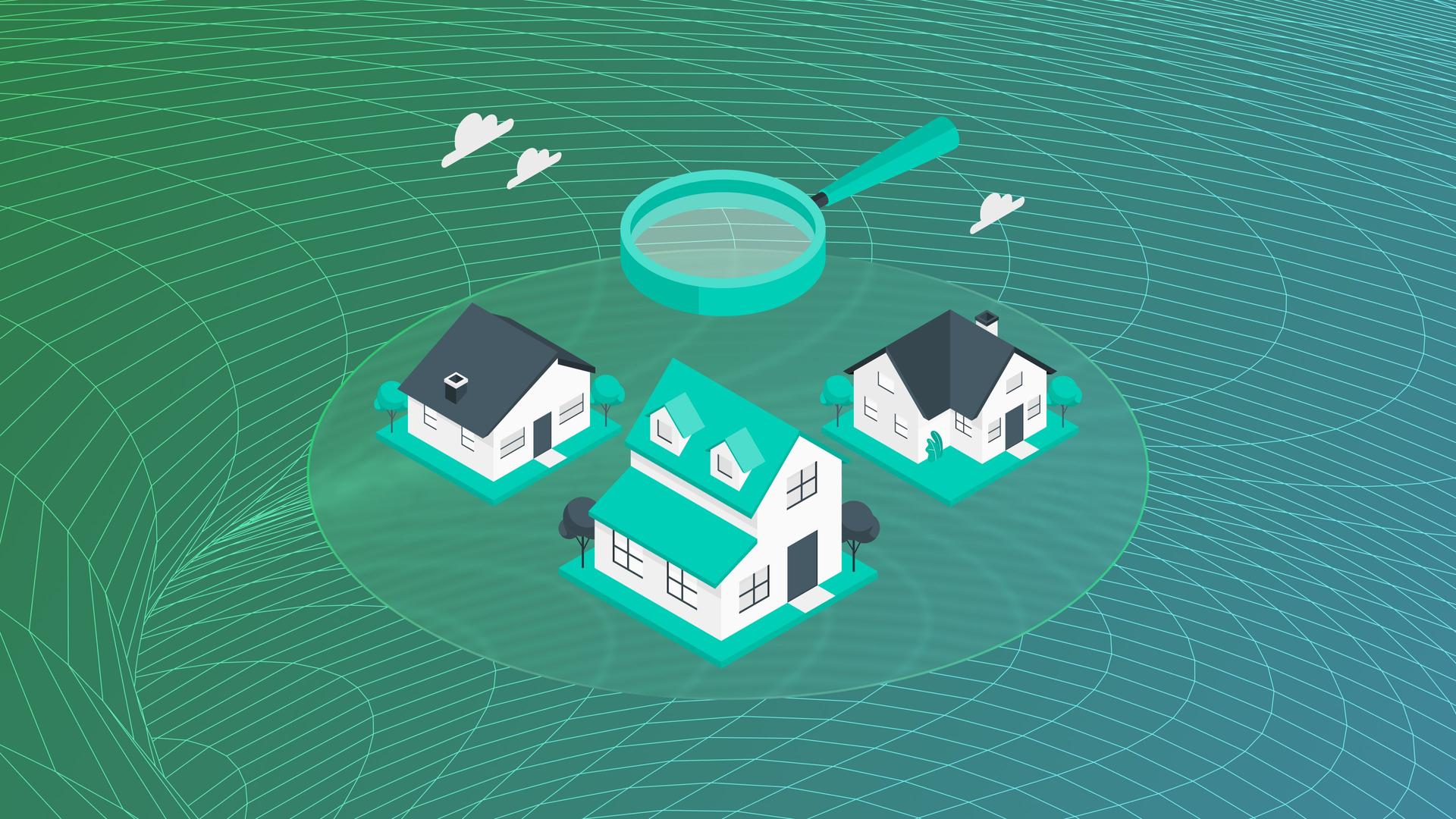The Ultimate Guide to Metaverse Virtual Real Estate

In recent years, the metaverse concept has captured millions worldwide's imagination. A virtual realm where people can work, play, and socialize, the metaverse offers endless possibilities for a new form of digital existence. As this digital frontier continues to expand, one area that has gained considerable attention is metaverse virtual real estate. In this ultimate guide, Metastack will explore the fascinating world of metaverse virtual real estate and delve into its significance, opportunities, and challenges.
Understanding the Metaverse
The metaverse is an interconnected network of virtual worlds that allows individuals to interact with each other and digital content in a three-dimensional space. It is a collective virtual shared space that blurs the boundaries between the physical and digital realms. The metaverse encompasses various virtual environments that facilitate user engagement, from gaming platforms to social networks.
What is Virtual Real Estate?
In the metaverse, virtual real estate refers to digital land or property within these virtual worlds. It allows users to create, customize, and monetize their virtual presence. Like physical real estate, virtual real estate holds value and can be bought, sold, leased, and developed.
The Significance of Metaverse Virtual Real Estate
Digital Ownership
Virtual real estate enables individuals to assert ownership of virtual spaces and digital assets. It provides a sense of identity and personalization within the metaverse.
Economic Opportunities
Virtual real estate presents significant economic potential as the metaverse expands. Developers can create and sell virtual properties, businesses can establish virtual storefronts, and users can engage in commerce within these virtual spaces.
Social Interaction
Virtual real estate serves as a meeting place for individuals worldwide. It allows for social interaction, collaboration, and creating communities centered around shared interests.
Investing in Metaverse Virtual Real Estate
Acquiring Virtual Land
Like physical real estate, individuals can purchase virtual land in the metaverse. Popular platforms like Decentraland, The Sandbox, and Somnium Space offer users the opportunity to buy plots of land using cryptocurrencies.
Developing Virtual Properties
Once land is acquired, users can build, design, and customize their virtual properties. From architectural design to creating virtual experiences, the possibilities for development are limitless.
Monetization
Virtual real estate can be monetized in various ways. Owners can lease their properties to businesses, sell digital assets and services, or charge admission fees for events and experiences hosted on their land.
Challenges and Considerations
Infrastructure
As the metaverse grows, the underlying technology and infrastructure must evolve to support seamless user experiences. Scalability, interoperability, and stability are crucial factors that developers and platforms must address.
Intellectual Property
Virtual real estate raises questions about intellectual property rights. As users create and sell virtual assets, ensuring copyright protection and addressing plagiarism becomes essential.
Governance and Regulation
With the metaverse being a rapidly evolving space, the need for governance and regulation arises. Digital property rights, taxation, and user protection policies must be established to ensure a fair and secure environment.
Future Perspectives
Integration with the Physical World
The metaverse can potentially bridge the gap between the physical and digital worlds. Augmented reality (AR) and virtual reality (VR) technologies can enhance user experiences by overlaying virtual content in the real world.
Collaboration and Cross-Platform Integration
The metaverse's true potential lies in connecting various virtual worlds, platforms, and communities. Interoperability between different metaverse projects can create a seamless user experience and unlock new possibilities for collaboration.
Cultural Impact
The metaverse can reshape how we interact, socialize, and experience the world. It can transcend geographical boundaries, democratize access to information, and foster cultural exchange on a global scale.
Conclusion
Metaverse virtual real estate represents a transformative shift in how we perceive digital ownership and existence. It allows individuals to shape and monetize their virtual presence while fostering social connections and economic opportunities. As the metaverse continues to evolve, it is essential to navigate the challenges and seize the potential that virtual real estate presents. Embracing this digital frontier, we can unlock a future where the boundaries between the physical and digital worlds blur and new realms of possibility emerge.



